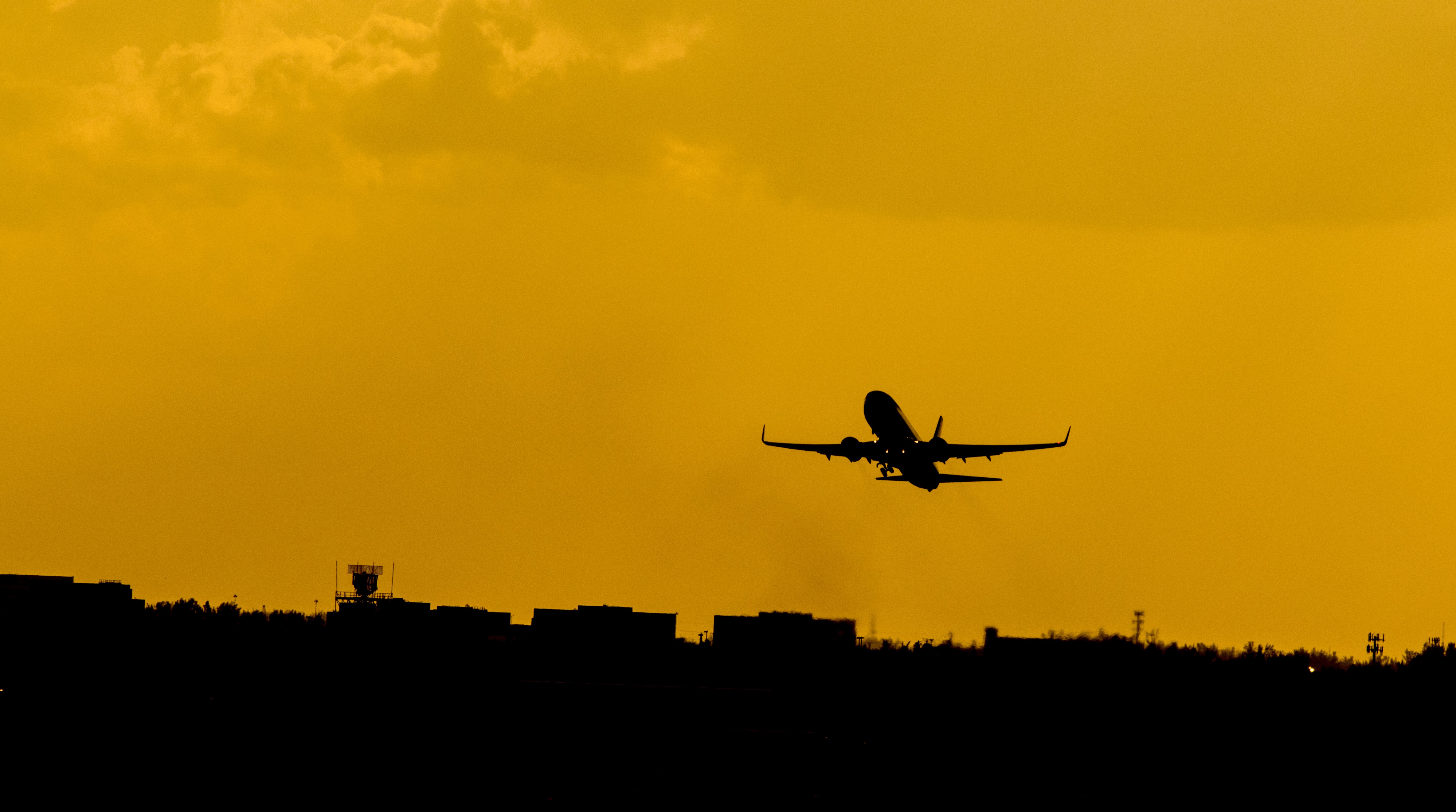Views expressed in opinion columns are the author’s own.
The taxi was pulling away, and I turned to face him one last time. He was standing on the sidewalk, his face slightly tilted back. His hands were in his pockets. There was a strange look on his face, a look that harbored a certain familiarity with suffering. It was steady amidst the pain of departure we both felt very deeply. He had a knowing look of surrender. It was the face of a man imprisoned. I could leave. He couldn’t, not without great difficulty. I could return to Palestine, but he couldn’t follow me to where I had to go.
In the end, I did exactly what I had been warned against. I fell in love with a man in Palestine, and I cannot think of a fate more terrible than that.
There is long distance, and there is loving a man in Palestine. At times, there is more fear than love. When I call and he doesn’t answer, the first thought that comes to my mind is that the occupying military has taken him, or killed him. There is no exaggeration or irrationality to these fears. Plenty of mothers in Palestine consider this very same possibility when their sons don’t answer, particularly at night. And they are not always wrong.
It is war, and it isn’t. It is something vaguer than that. It is a situation of fear, uncertainty and danger under the less understood title of occupation. Technically, there is no current conflict between the occupier and the occupied. But there is constant tension, frequent outbreaks of violence and random and nightly imprisonments of boys and men. A night where we have spoken over the phone without an IDF tank passing by his house is a good night. On nights when the tank stops just outside his house, we stay silent until it passes. Sometimes, he has to hang up, and I don’t know what has happened until the following morning.
It is distance, and it isn’t. Physically, we are separated by thousands of miles, but we do not always have the luxury of safety or the possibility of some other time to speak what is on our mind. We fight considerably, but his circumstances make me seek forgiveness from him quickly. It is a little like being in a relationship with a terminally ill patient. You are never sure you will have another time to ask for forgiveness. Emotionally, distance is hardly possible in a relationship which is never certain about tomorrow.
Still, there is pure and simple separation, and how unexpectedly painful it can be. It requires you to undo everything you have learned about love in order to construct something that has already been assigned a short span and a disastrous ending. You endure mockery from friends and family. You endure a pain so great the people close to you begin to feel it. And there is always the temptation to find something far less difficult. It is not the possibility of infidelity but the desire for a relationship that won’t have you suffering.
It is a mode of loving so unfamiliar to most westerners. From the time you depart your significant other, you pause your life to resume another set of lifeless months. The months apart are the most testing you will live through, and you persevere only by making sure you are constantly consumed by some task or another. It is a passionless period where you become nothing more than a body consuming and sleeping just enough to remain alive.
It is, as the poet Edmund Spenser wrote, a “sorrow sought through willfullness,” but also a sorrow that “one loving hour … can dispense.”
But a relationship with a Palestinian man, even without distance, remains far different from any other. Their pains and their troubles are so far removed from ours. Since I met him two years ago, he has buried several friends. He has disappeared many times, for hours at a time. And when he does, I know that the occupying military has stopped him on his way home. They have searched him, made him wait for hours and if he’s lucky, he returns home only slightly hurt. It is how it goes for many men in Palestine. In the eyes of the occupier, each one is a suspect. But as the man I love once told me, “Love is the only request from those who have been deprived of their freedom.”
Yet, stories such as mine harbor the potential to be so much more than mere tales of love. If read and heard by the occupier, by the very men who put our loved ones at risk, I believe these stories can alter the status quo. Suddenly, these Palestinian men are not mere men in the eyes of the occupier. They are men with women holding desperately onto them, and at times, waiting out their sudden disappearances. A Palestinian man who knows a woman is waiting for his return will hardly risk endangering that prospect. As it is, many men in Palestine are viewed under the suspecting lens of occupation, which distorts their faces into faces of destructive, violent men. Our love stories, I hope, can change that.
Aiyah Sibay is a senior English major. She can be reached at AK_Sibay@hotmail.com.



